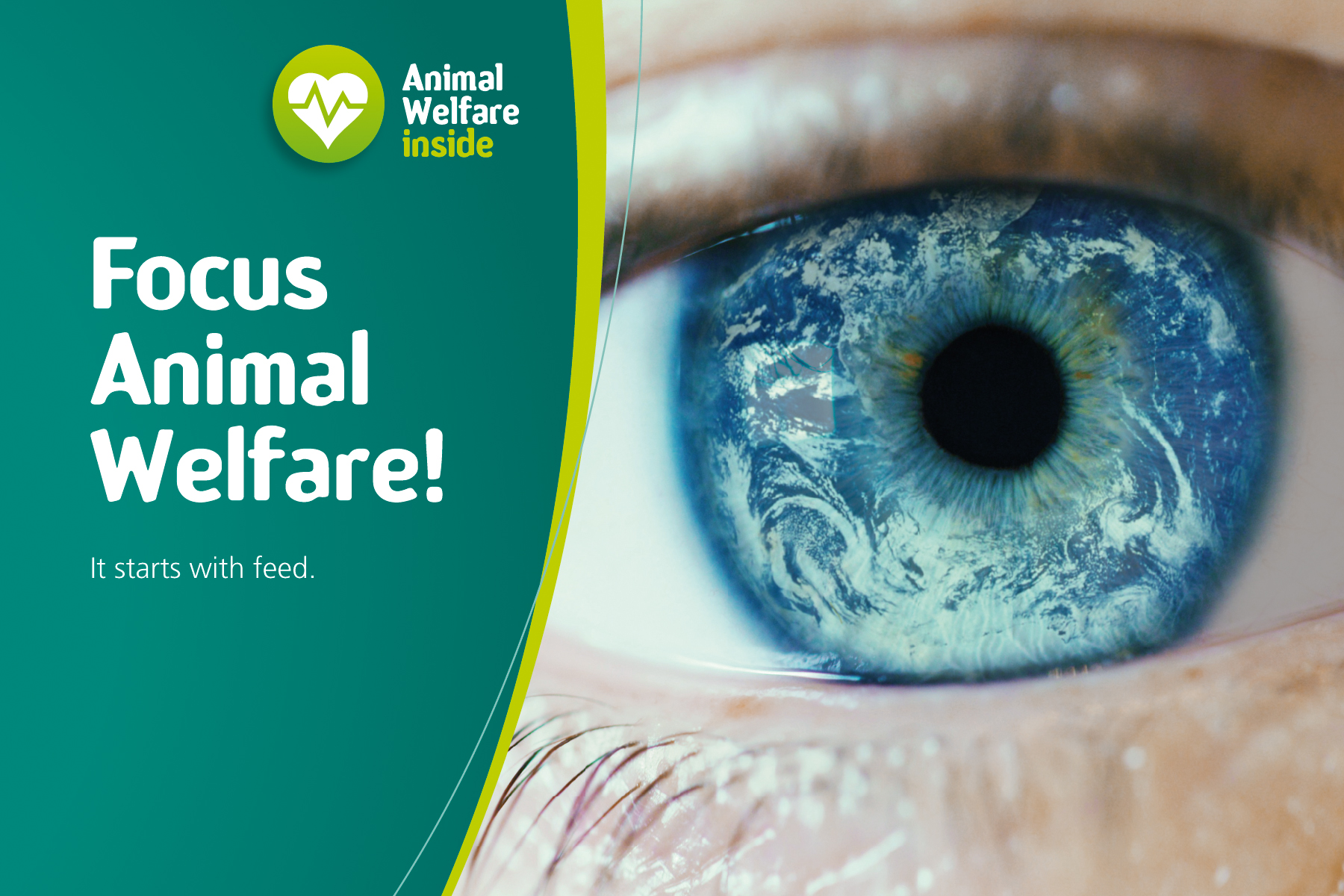

We all know that management, animal production conditions and animal health are all crucial to animal welfare. Nevertheless, a major component is yet to be included: optimal feeding. “Feeding is one of the major factors in improving animal welfare and health,” states Dr Bernhard Eckel, Vice President Sales. “Feed additives make animals stronger, help increase their vitality and enhance their well-being. This enables them to cope better with the daily challenges of life.” Phytogenic additives are the hidden champions of animal nutrition. They stimulate the animals’ immune system, making them more resistant to diseases and external environmental factors, while also affecting barn hygiene and climate.
Reduce stress—improve animal welfare
Animals are exposed to the most varied of environmental factors every day. A case in point is stocking density, which often increases the occurrence of behavioural disorders such as feather pecking and tail biting. The right feed additives could help prevent this, consequently improving many of the indicators of animal welfare. Tail biting and feather pecking are actually among the greatest challenges in animal production: they adversely affect the animals’ welfare, resulting in injury, necrosis and rejection, as well as public opinion of the agricultural and meat industries.
Here, feed additives can help reduce stress and combat its symptoms. They ultimately benefit meat quality too, because only vital and healthy animals are happy animals that show the best performance.
What is good for us is also good for animals
Humans are the best example. We too frequently experience stress at work and try to reduce it in a number of ways. We sometimes employ traditional remedies, such as essential oils. Tea is also thought to help, as is the occasional glass of wine or beer. We can also use the positive effects of these plant constituents in livestock production.
Improved animal welfare—greater possibilities
Improving animal welfare is not only beneficial to the animal and meat quality; it is also beneficial to the entire value chain. This is because improved animal welfare increases livestock efficiency, thus saving resources, increasing margins and profits, and enabling the development of new markets and access to new customers.
With its animal welfare initiative, Dr. Eckel supports all the stakeholders along the value chain by improving crucial animal welfare parameters—starting with feeding—thus fulfilling social expectations and promoting animal performance. The aim is to develop sustainable solutions that are suitable for animals, humans and the environment. A transition to improved animal welfare can only be achieved by implementing an adapted and optimal feeding strategy with the right additives. Dr. Eckel is the first company to develop feed additives to specifically promote animal welfare. It focuses both on producing feed additives that have a beneficial effect on animal welfare and meat quality, and on sustaining the various animal welfare parameters through feeding. Dr. Eckel has demonstrated the effectiveness of its additives in numerous scientific and practice-oriented trials, and has been awarded several renowned innovation prizes.
Feeding is the first link in the food chain. It is therefore the starting point for measures that help improve animal welfare.